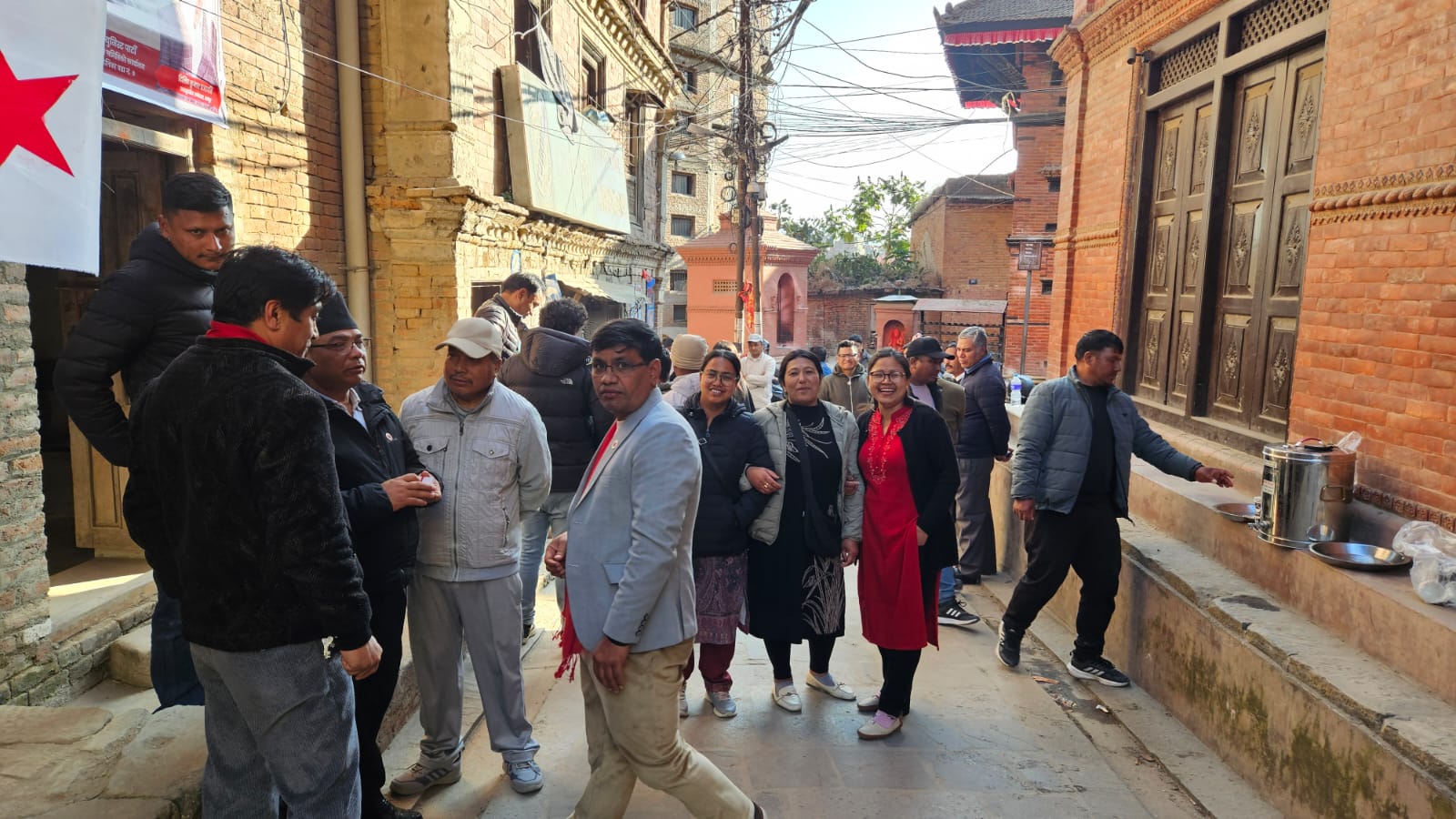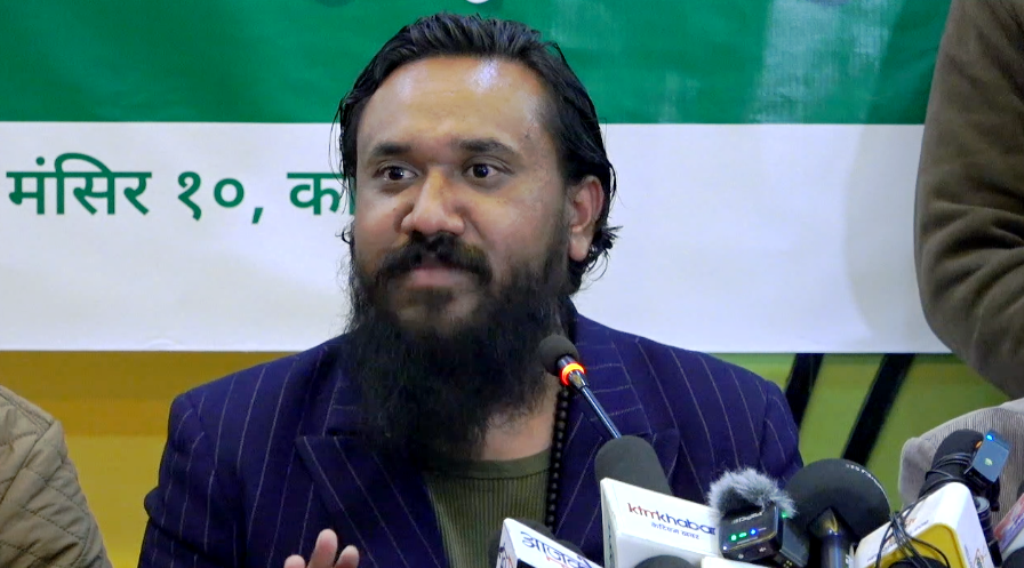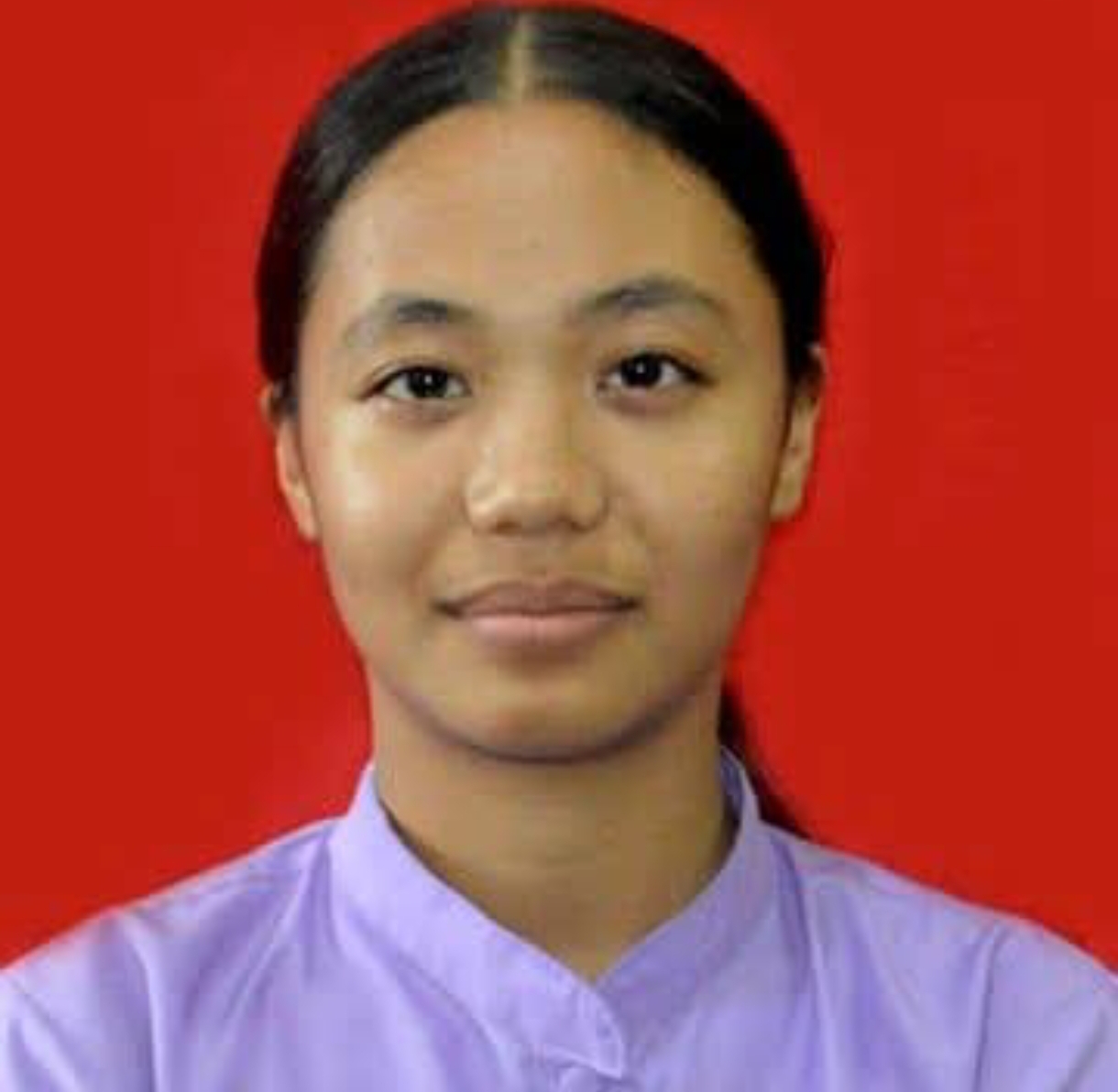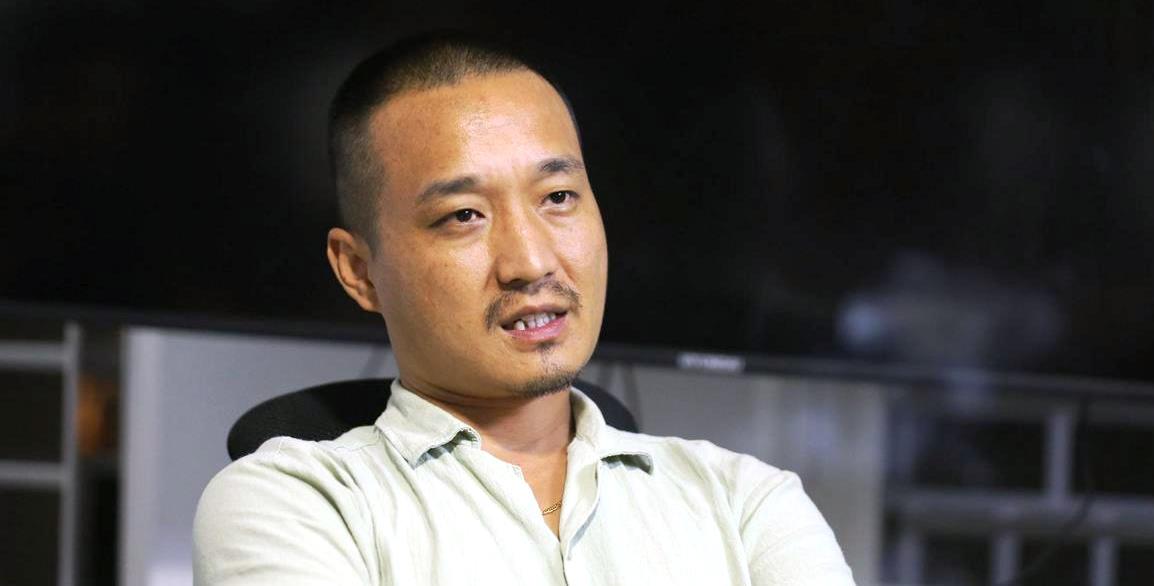GENEVA – The UN migration agency said Friday it estimates that 839,118 individuals (139,853 families) remain displaced following heavy fighting to retake the northern Iraqi city of Mosul.
IOM staff working around Mosul said “thousands of people remain buried under the rubble,” following the liberation of the northern Iraq city from Islamic State (IS) forces by the country’s government forces, said the agency senior press officer Joel Millman in Geneva at a UN media briefing.
Mosul lies 400 km north of Iraq’s capital Baghdad, and til this month had been under IS control since June 2014, when government forces abandoned their weapons and fled, enabling IS militants to take control.
IOM said much of what was once a bustling city of more than 1.4 million people, whose history dates back to at least 401 BC, is just stones and rubble after Iraqi forces seized it back earlier this month.
The liberation of Mosul has shifted the fight across the border to Syria about 470 km westward towards Raqqa where IS has its headquarters in northern Syria and where UN agencies are battling to help the displaced people.
Jens Laerke, deputy spokesperson for the OCHA, the UN Office for the Coordination of Humanitarian Affairs noted that the Assistant Secretary-General for Humanitarian Affairs and Deputy Emergency Relief Coordinator Ursula Mueller in the previous day expressed concern for the protection of the about 200,000 people who have been left displaced in Raqqa governorate since April 1.
Laerke said about 30,000 of them were displaced from their homes in this month alone due to the military operations against IS forces.
He said UN and humanitarian partners are responding to those who have been displaced and are ready to provide support in Raqqa city itself, as soon as access and security conditions allow.
“Humanitarian deliveries to besieged and hard-to-reach areas is currently at a low point. No UN-coordinated inter-agency convoys have reached any besieged areas in July although airdrops to Deir Ez Zour [south of Raqqa] have continued,” said Laerke.







